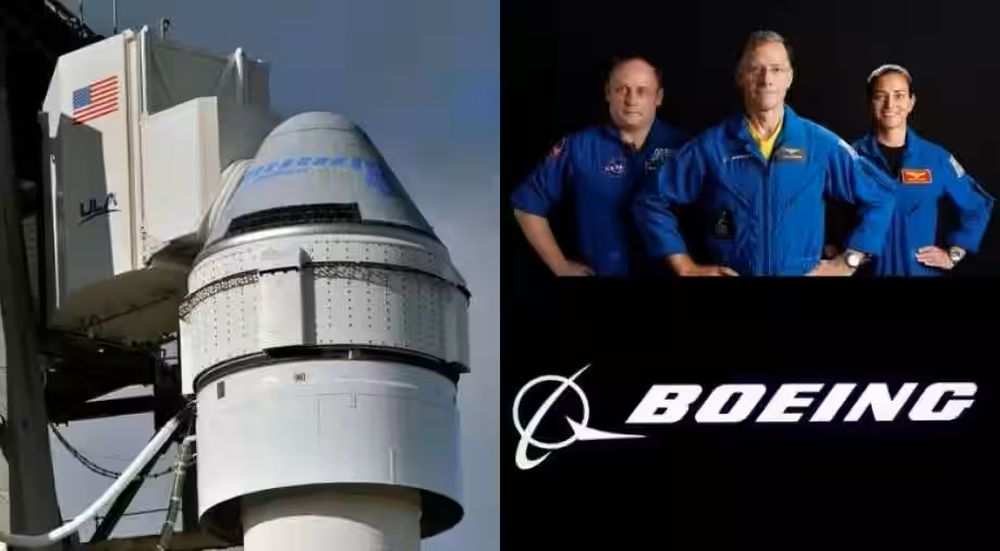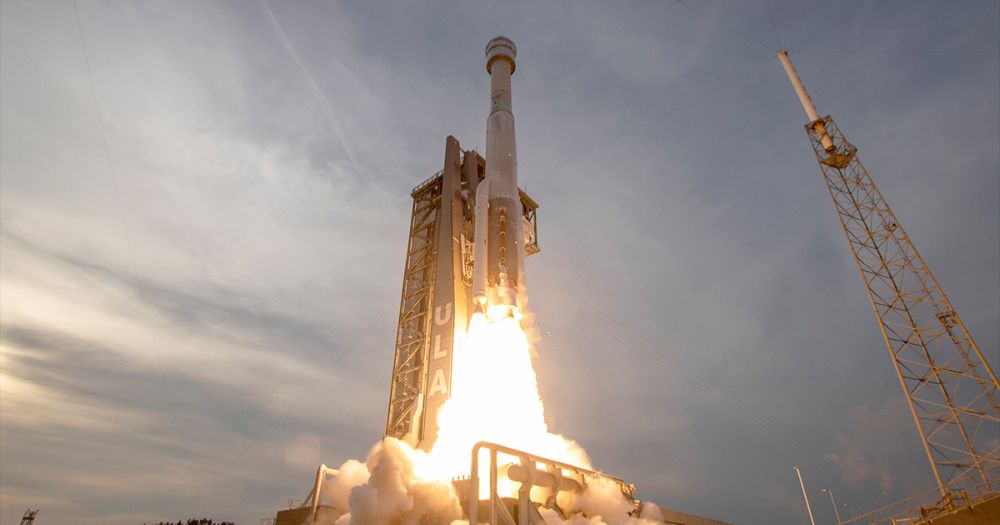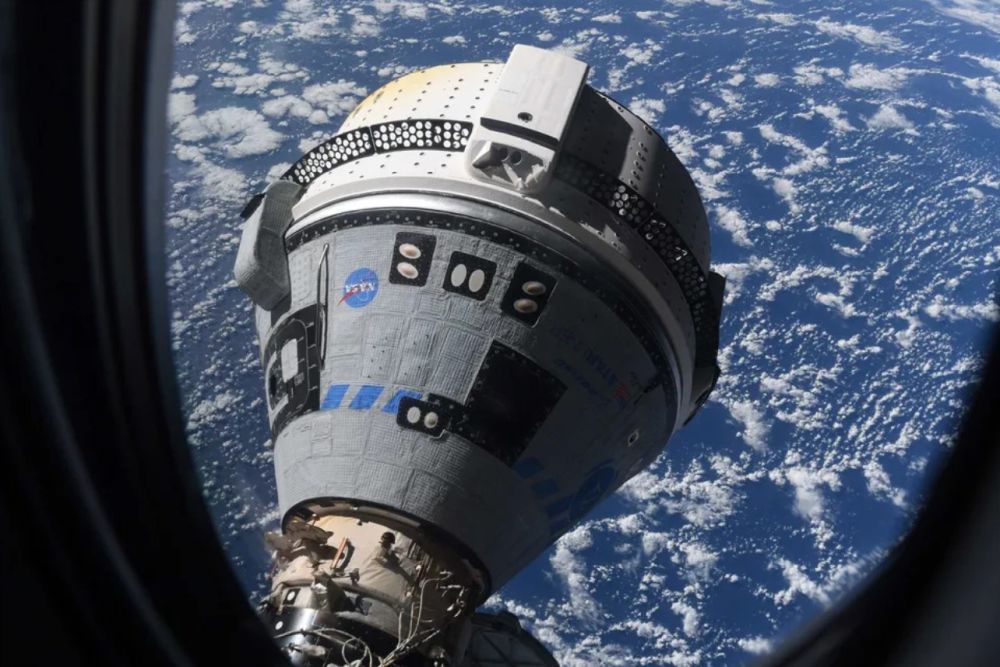Boeing’s Starliner spacecraft has finally launched its first crewed mission, marking a significant milestone for the aerospace giant after numerous delays and setbacks. The Starliner, carrying NASA astronauts Barry “Butch” Wilmore and Sunita Williams, lifted off aboard an Atlas V rocket from Cape Canaveral on June 5, 2024. This launch comes after years of development challenges, including technical issues and funding shortfalls, which pushed back the original timeline significantly.

The journey to this successful launch was arduous. Previous attempts were marred by a variety of issues, including a last-minute scrub due to a computer glitch. Engineers worked tirelessly to resolve these problems, ensuring that the spacecraft met the stringent safety standards required for human spaceflight. The mission, known as the Crew Flight Test (CFT), is a critical step in certifying the Starliner for regular crewed missions to the International Space Station (ISS), offering NASA an additional vehicle for astronaut transport alongside SpaceX’s Crew Dragon.

The successful launch and docking with the ISS signify more than just a technological achievement; they represent a major shift in NASA’s approach to human spaceflight. Since the retirement of the Space Shuttle, NASA has relied on Russia’s Soyuz spacecraft for astronaut transport. The introduction of the Starliner, alongside SpaceX’s Crew Dragon, aims to restore American independence in crewed space missions, reducing reliance on foreign partners and enhancing the robustness of the ISS supply chain.

Looking ahead, assuming the mission concludes without major issues, NASA plans to certify the Starliner for operational flights by next year. This dual capability with SpaceX will not only ensure continuous American presence on the ISS but also pave the way for future missions, including potential lunar and Mars expeditions. The success of this mission underscores Boeing’s resilience and the importance of commercial partnerships in advancing human space exploration.

